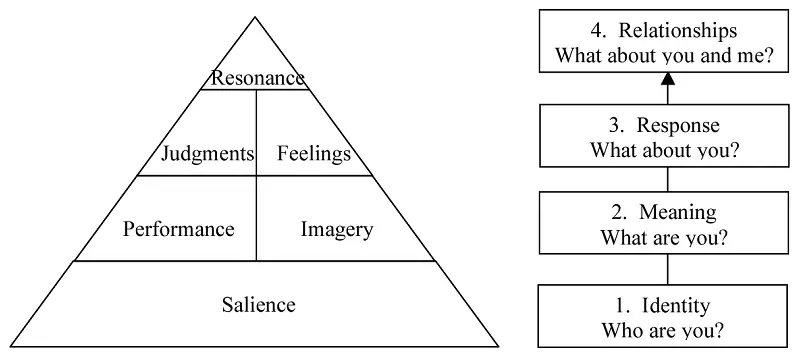
Brand Equity is generally defined in terms of marketing effects uniquely attributable to a brand.
Brand equity represents the total value that accrues to a product as a result of a company’s cumulative investments in the marketing of the brand.
Brand equity can also be thought of as an asset representing the value created by the relationship between the brand and its customers over time.
The stronger the relationship the greater the equity.
Usually global brands are high in brand equity.
What is brand equity?
Brand equity is “a measure of the value of a brand. It is an assessment of a brand’s physical assets plus a sum that represents their reputation or goodwill” (Baines and Fill, 2014).
Brand equity refers to the commercial value and strength that a brand name holds in the marketplace. It encompasses the perception of consumers towards the brand, their loyalty, recognition, and associations with it. Strong brand equity often translates into higher sales, customer loyalty, and greater resilience against competition.
Brand equity – Competitive Advantages
Here are some of the Competitive Advantages that a firm acquires due to stronger brand equity.
- Company will have more trade leverage in bargaining with distributors and retailers
- Company can charge a higher price than its competitors
- Company can more easily launch extensions because the brand name carries credibility
- The brand offers some defense against price competition
(Kotler, 2003)
Read: Keller’s Brand equity model to increase brand equity.
Read: Branding and brand related concepts.
BATheories.com is managed by a group of educators from Mumbai. We also manage the website StudyMumbai.com. Our panel includes experienced professionals and lecturers with a background in management. BATheories is where we talk about the various business theories and models for BA (Business Administration) students.